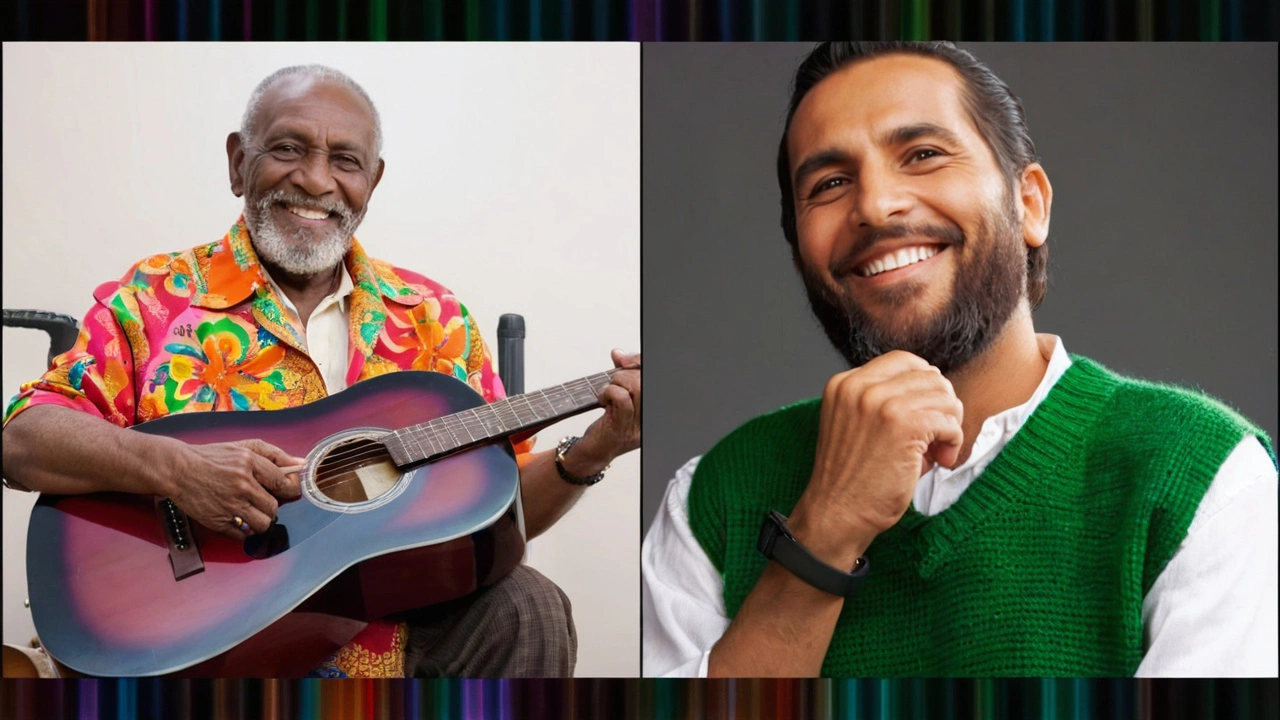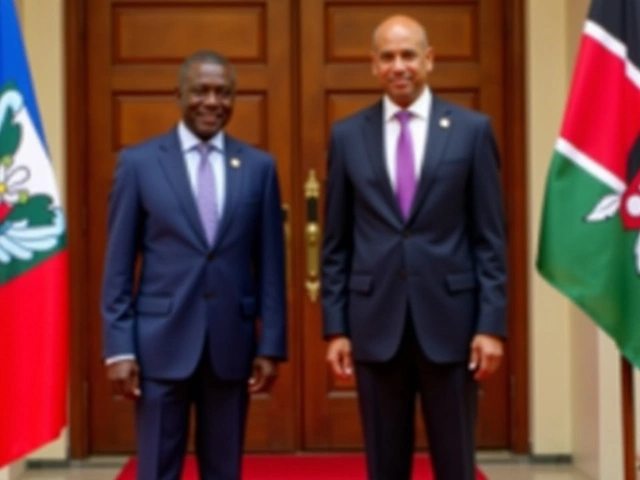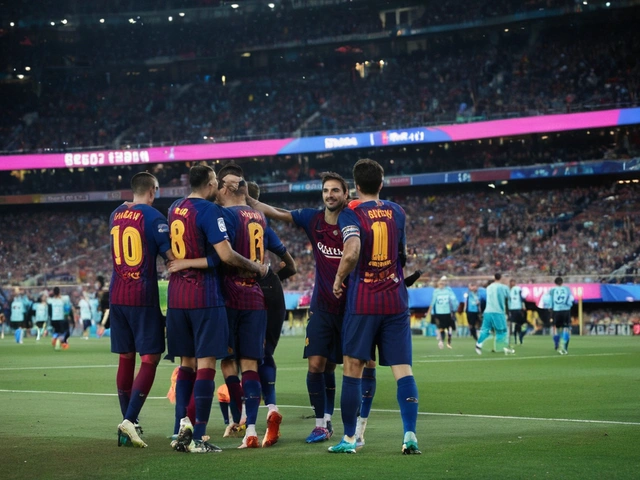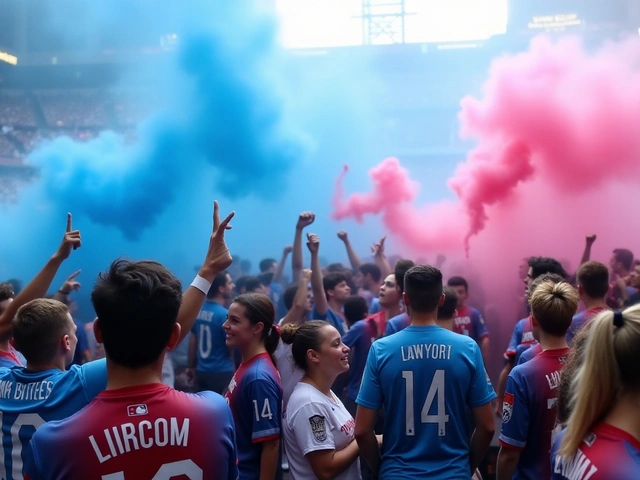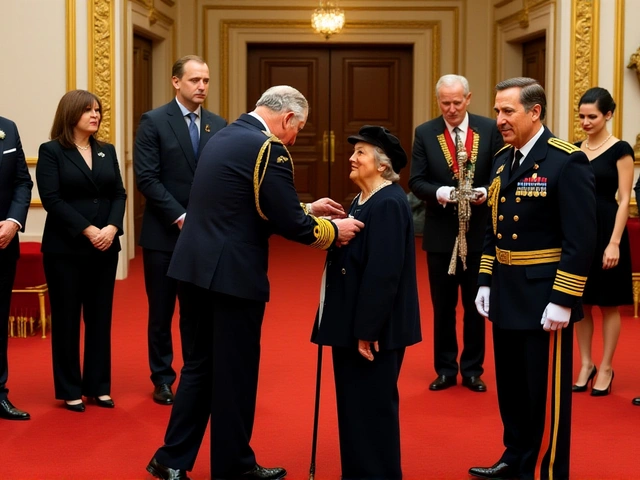Copyright controversy: how to spot misuse and protect your work
Ever found your photo, article, or video reposted without credit or payment? Copyright controversies pop up fast online, and they can hurt creators, newsrooms, and readers alike. This guide explains what really matters, how to act when something goes wrong, and how to prevent repeated problems.
How to spot a copyright problem
Look for clear signs: your exact text or images appear on another site, media is reposted without attribution, or your paid content is shared publicly. Use reverse image search (Google Images or TinEye) to find copies of pictures. For text, paste a unique sentence into a search engine. Keep screenshots and timestamps as proof — they’re priceless if you need to file a complaint.
Don’t assume every reuse is illegal. News outlets quote short passages for reporting, and creators often borrow small parts under fair use. Fair use depends on purpose, amount used, effect on the market, and whether the use is transformative. That sounds legalistic because it is — but thinking through those four points helps you decide your next move.
What to do if your content is copied
First, stay calm. Send a polite message asking for credit, removal, or a licence fee. Many cases resolve quickly with a short email. If that fails, collect evidence: URLs, screenshots, dates, and any correspondence. Then use the platform’s takedown process — most social networks and hosts accept DMCA notices or similar complaints.
If the platform removes the content but the user files a counter-notice, you’ll need to decide whether to sue or negotiate. Legal action is costly, so weigh the value of the content against the cost. For high-value or repeated theft, talk to a lawyer who handles copyright. For low-level cases, public pressure or a cease-and-desist from a lawyer often works.
If you’re accused of infringing someone else’s work, review the four fair-use factors and the source’s licence. Remove or disable the disputed content while you sort it out. If you believe the takedown was wrong, you can file a counter-notice where applicable — but be prepared: that can trigger legal risk if the original owner pursues court action.
Prevention beats fixes. Watermark images, publish clear licensing terms, register key works if you can, and use platform tools like YouTube Content ID or rights-management services. For newsrooms, keep records of permissions and use plain-text attributions. Build habits: credit sources, ask for permission for large excerpts, and set a simple licensing policy your team follows.
Copyright controversies are stressful, but most are solvable. Spot the signs early, gather proof, use platform tools, and get legal help when the stakes are high. Protecting your work starts with small habits and clear rules — and a quick, calm response when someone crosses the line.
A Nigerian lawyer has voiced criticism over Brain Jotter's N2 million payment to highlife legend Mike Ejeagha for using the viral song 'Gwo Gwo Gwo Ngwo'. The lawyer suggests Mike Ejeagha should pursue legal action for inadequate compensation. This incident has ignited discussions on copyright laws and fair artist remuneration.
Recent-posts
Oct, 12 2024
Sep, 22 2024

